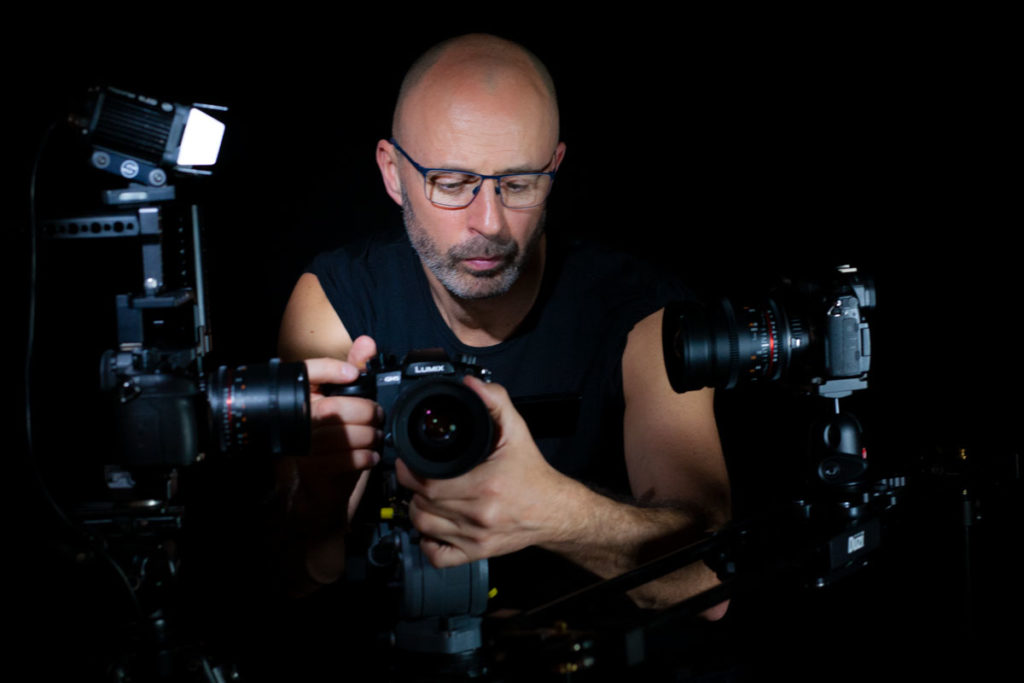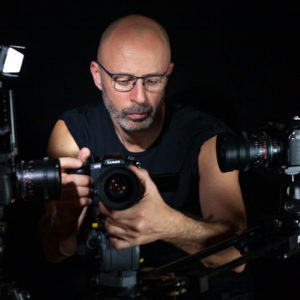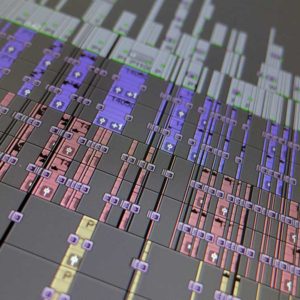What are the skills needed for filmmaking? The art and craft of working as a freelance filmmaker can be regarded as an essential modern-day craft skill. Every industry, business and professional now requires films and videos to help with their bespoke communication and promotion. There’s never been a better time to offer your skills as a filmmaker as digital media is now a major asset in today’s online and social media connected world.

Working as a Freelance Filmmaker
Most people can create their individual digital content in some form or another. The general standard of this personal video production can be very varied and not always suited to the relevant content required for any professional project. Creating engaging and reliably high-quality content is the realm of a specialist filmmaker. Each film production commission and the subsequent working environment can be unique in different ways. Each project will present its own set of challenges in some form. Working as a freelance filmmaker can be a rewarding and exciting career for those with a suitable personality and the right creative and technical abilities.
Eight skills needed for filmmaking
There are many complex aspects involved in the career of a successful freelance filmmaker. A filmmaker needs a wide foundation of a range of skills and abilities. For example, if an initial enquiry is very limited in specific detail, the task of any filmmaker is to use their knowledge and skills to fully interpret any brief in the most appropriate creative and technical manner to the satisfaction of the brief and client. My perspective of the most important skills needed for filmmaking can be defined into eight categories.
-
Personality:
As a freelance filmmaker, you will need to have confidence in your own gained experience with an ability to tackle new challenges. You will need to be strong and self-reliant in dealing with variable and sometimes stressful work situations. You will need to be creative and pragmatic in problem-solving. Your working time will vary from working on location as a ‘one-man-band’ to working with a large team of other creatives. You may find that you also spend significant amounts of time working alone at your computer when carrying out editing and all the housekeeping tasks associated with your essential online presence. I would suggest that you research, learn and educate yourself to see if your personality type is compatible with all the requirements of a freelance filmmaker. The key to success will be your ability to self-manage and to retain your motivation when working on your own as a freelancer. One website where you can find out more about what your personality type may be is the Myers & Briggs Foundation.
-
Individual Discipline:
Working as a freelance filmmaker requires a great deal of flexibility in organising your schedule. Managing all or as many of the technical and creative aspects of filmmaking by yourself will enable you to create a viable business. By handling all aspects of any film production workflow, you will be able to offer estimates that could make your quote competitive and suit your client’s budget. In addition to working on the creative process, it is important to allocate time for the maintenance of your website portfolio, to be active on social media and to continue to develop your marketing, promotion and training.
-
Creative and Technical Knowledge:
The creative and technical aspects of pre-production, production and post-production can take many years to learn and a lifetime to master. Each person who has their own unique and relevant set of skills and abilities with which they can start their freelance career. We all continue to learn and develop new skills throughout our careers, so it is necessary to keep up-to-date as any filmmaking expertise evolves. From my perspective as an experienced filmmaker, some of the areas where I continue to enjoy learning are:
Staying up to date and informed with new technology and equipment.
Exploring new techniques to capture a subject or story.
Working with a wide variety of people and across different genres.
Learning to make the most of any unique set of circumstances.
Being confident to change or control an environment if it would benefit a project to do so.
Learning the skills around search engine optimization(SEO), business marketing and self-promotion.
-
Creative Awareness:
Any art or craft requires the artist to work hard to learn their skill, and the art of filmmaking is no different. If you aspire to film and edit professionally, it’s highly likely that you already have a highly tuned sense of what you find visually appealing. When starting on this career, it’s necessarily about gaining experience and confidence in your ability. The more filming and subsequent editing of your own filmed footage you undertake, the more you will learn and improve your range of craft skills. We all learn from our mistakes and recovering problems with any filmed footage is a skill in itself. The ability to overcome any technical problems on your own will stand you in good stead if any such difficulties arise in your future projects. Over time your skills and experience will enable you to realise any brief or creative vision.
-
Emotional Wisdom:
As well as being self-aware, it is essential in the filmmaking world to have empathy and consideration for others. Working as a freelance filmmaker, you will meet and work with a diverse range of people, both participants and enablers in any project. Being able to connect with your contacts and being able to negotiate mutually beneficial goals is always the ideal scenario. Helping contributors feel comfortable and at ease is essential. Filming can quickly take people out of their comfort zone so being able to support and reassure contributors who may not be used to being filmed or the tasks required of them will be an important skill to possess.
-
Time Management:
Working as a freelance filmmaker you could be making films and videos for a variety of reasons – for people’s entertainment, education and training but also for creating marketing and promotional content for all types of businesses and individuals. On the basis that you will be paid for your time and that generally speaking prospective clients usually have strict budget limits, it will be essential for you to be highly resourceful, work quickly and effectively when needed to make a living from your freelance career. You will also need to assess each situation to consider health and safety implications for yourself and others when filming. Whenever possible, I always allow extra time to assess the location and set up the equipment before being required to start filming. Things don’t always go to plan so always consider a plan B in your planning process.
-
Communication:
Communication is key as the freelance world is largely message based. Being able to communicate in a concise, friendly and professional manner is so important with upcoming and ongoing projects. Some clients possess some relevant digital knowledge, but the majority of clients will have very little awareness of the skills and craft that are required for professional-quality video production. One of the challenges of working as a freelance filmmaker is to communicate the detail of any technical requirements and how they could affect or have an impact on the project. You will experience a very varied client base, and each will have different ways of communicating their project’s aims – some are very general and others very detailed. It is important to respond quickly and to demonstrate your accessibility, consideration, patience and empathy in your dealings throughout.
-
Individuality, passions and values:
What makes a good freelancer? I would argue a happy freelancer. What makes a happy freelancer? For me, that includes helping people deliver their creative aims and working on projects that I find interesting and fulfilling in some way. It’s always great to work with people you enjoy working with and to gain an appreciation for a job well done. If you are starting you may want to consider a few points. What drives you to follow this career? What are you passionate about? What are your moral values? What is important to you? Having a sense of purpose and moving forward in the direction you want to will help you feel great satisfaction in your work.
Filmmaking is a digital puzzle
Working as a freelancer filmmaker can be compared to producing and playing a big emotionally connected digital puzzle game. Producing, directing, filming and editing sound and vision are all essential parts to fully realising every brief. All of these aspects need to be thought through with consideration, care and then realised with passion.
What do you think are the skills needed for filmmaking? It would be great to hear your thoughts.
Skills needed for filmmaking
Here are some links to other related blog posts that I’ve written highlighting the skills needed for filmmaking.
How to write a video production brief.
What do I need when editing a film or video?
Tips for filming in rural locations.
How to edit sound to form a story.
How to fix audio syncing problems when editing.
Student questions and answers to a video production freelancer



